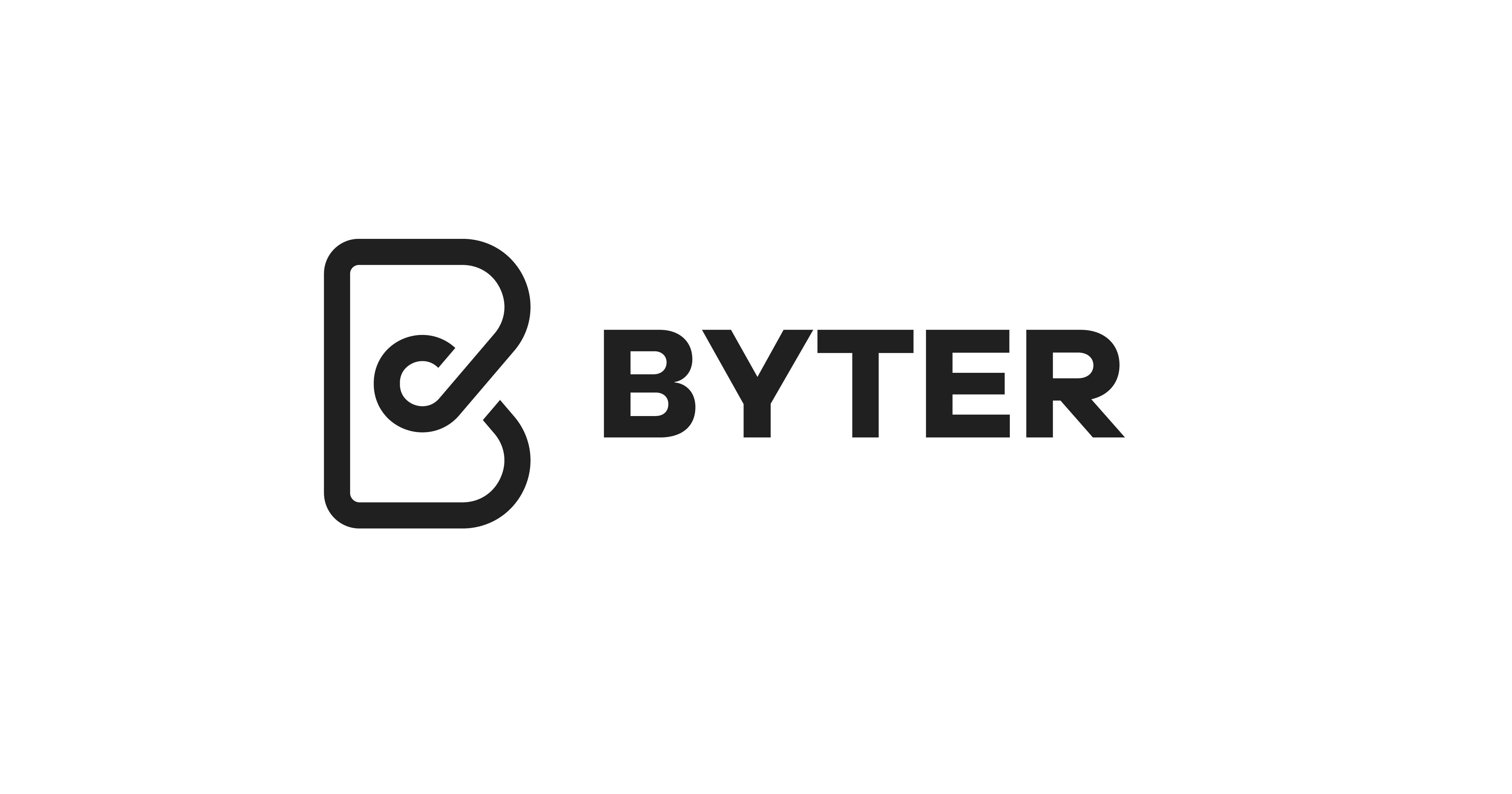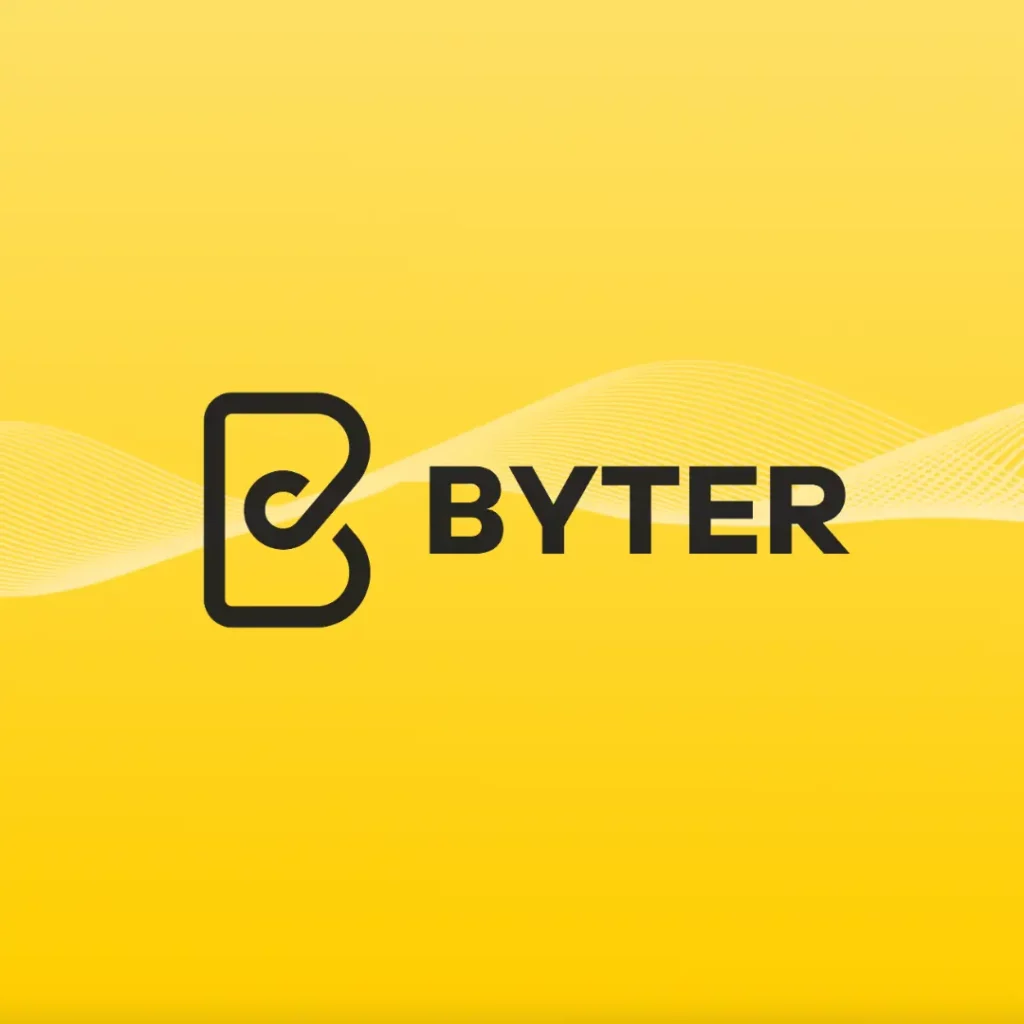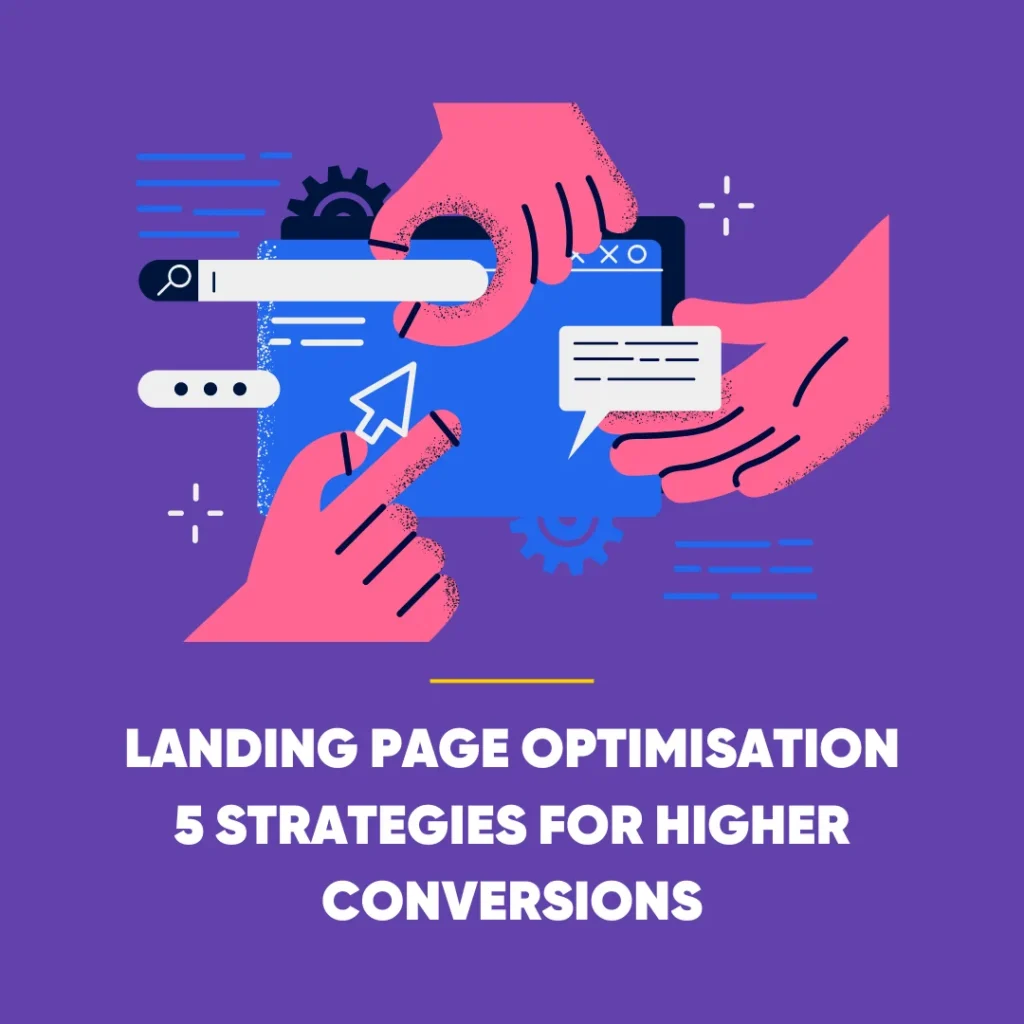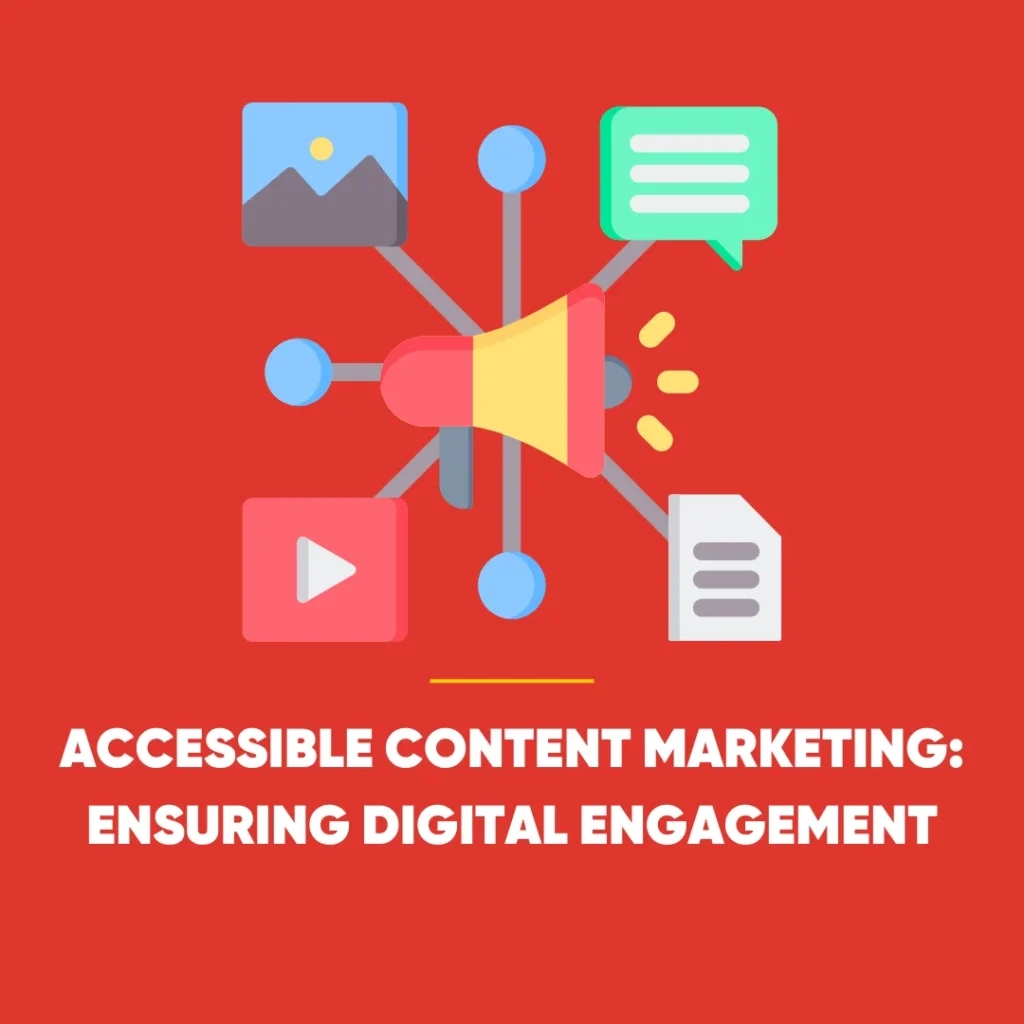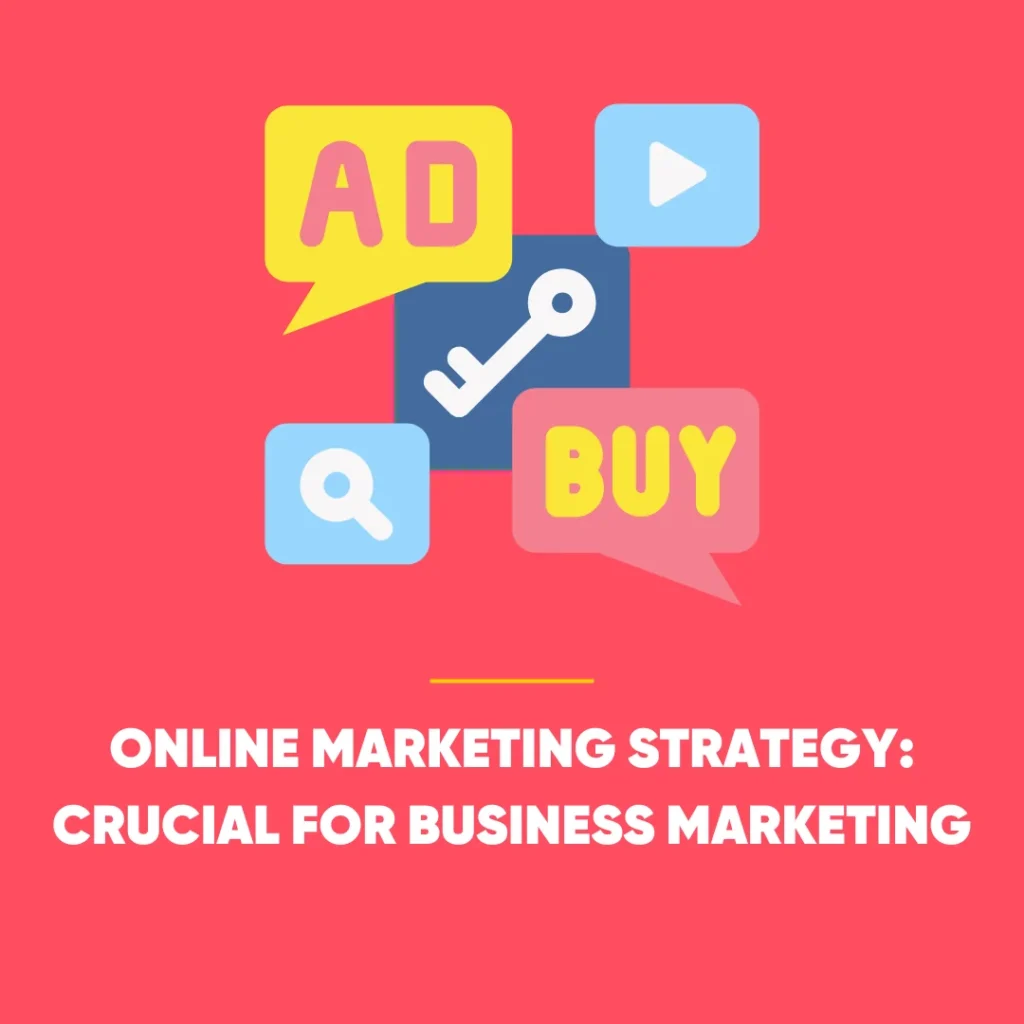
Search Intent: What Do Users Really Want?
Search intent is understanding what type of information users are searching for when they enter a search phrase.
Understanding this is crucial because to rank a web page in the search engines, the type of content you create must match the content that the searcher is looking for.
Otherwise, your chances of ranking and attracting the right traffic are low.
Yes, that’s right, even if you have your optimisation perfect, you still might not rank.
Here’s how it works:
Understanding What Users Are Truly Looking For When They Search
When people search on Google, it’s not always clear exactly what they are searching for.
For instance, if someone searches “pool,” what are they actually looking for? A swimming pool, or the game of pool (billiards)?
If someone types “cookies,” are they looking for a recipe for cookies, or are they trying to understand the cookies that are stored in their browser?
You can see how a search query could mean many things!
Search engines tweak their algorithms to make sure they are displaying the results for what people want – even when it’s not explicitly clear.
These are just some simple examples of disambiguation, but search intent goes further.
Categories of Search Intent
We can categorise search intent into several categories:
1) Informational Intent
Information intent means users are looking to get more information on a topic.
For example, if someone searched “how to ride a bike” they are looking for a guide. The search results will display articles or videos about how to ride a bike.
2) Commercial / Transactional Intent
Commercial or transactional intent refers to when a searcher is looking to purchase something or compare prices.
For example, if someone searches for “buy blue trek bike” they are likely looking to purchase. The search results will often display product pages, because this search is so specific.
Note: Just because users are looking for products doesn’t always mean your product page will rank! Google often prefers review-type content or lists of the best products to actual product pages!
3) Navigational Intent
Navigational intent occurs when a searcher is looking for a specific website or destination.
For example, searchers might type in a brand name “Ebay login” into the search engines when they want to find the login page to Ebay.com.
Why Is Search Intent Important?
The reason this is important is that it will be very difficult to rank for your chosen keyword if your content doesn’t meet the search intent for that keyword.
This is one of the biggest mistakes in trying to rank!
Google often changes the search results for a keyword based on what they think the correct search intent is, and often display more informational type pages vs transactional pages.
As an example, in the past, if someone searched for a health supplement, Google might have seen the search intent as “transactional” meaning people wanted to buy the product, and therefore displayed product pages.
It was easy for a brand that sold the health supplements to rank their product pages for that keyword.
But then Google changed the keyword intent to “informational,” and now only articles about the supplement are ranking. Now it would be very difficult for a brand to rank a product page there.
It’s the same keyword, but because Google determined the search intent differently, the type of content you’ll need to create will change!
This is a very common scenario, and why creating long-form content around your products or services gives you a higher chance for ranking versus trying to rank your product or service pages!
So how do you make sure you understand the search intent of the keyword?
It’s easy:
How To Determine Search Intent
The simplest way to determine search intent is to perform a search on Google and see what results come up.
For example, let’s take the word “email marketing software”.
A quick search shows that most of the results are lists of the top email marketing software.
If you’re running a business that sells email marketing software and you want to rank, you’ll need to create a piece of content that matches what Google is currently ranking.
